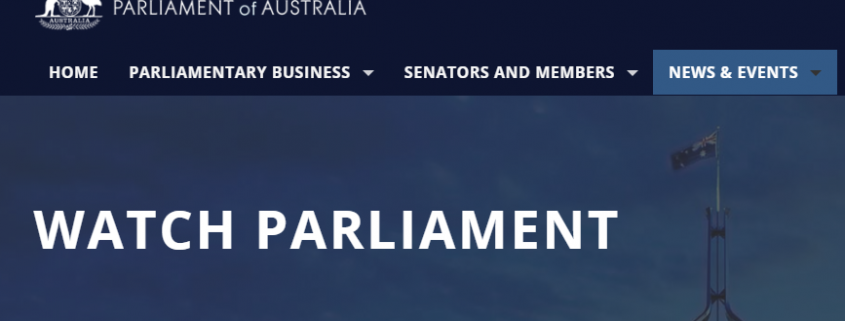Supply Chain Arrangements
Today’s Budget Estimates 2018-19 Public Hearing of the Senate Community Affairs Legislation Committee on Outcome 4.3 Pharmaceutical Benefits (11.15 am – 1.15 pm) provided a few more details about the new pricing arrangements that are to be piloted from 1 July 2019.
The Department of Health is currently in discussion with a number of companies who have agreed to participate in the trial. Negotiation of changes to Special Pricing Agreement clauses have been underway since the start of 2018. There are currently 162 active Deeds of Agreement.
One of the four supply chain options being considered was described as having two flows of payments for PBS medicines from the Government. One, based on the effective price, being paid directly to the manufacturer. The other, paid directly to the pharmacy, based on eligible fees (dispensing & Administration Handling Infrastructure) including the wholesaler mark-up (per 6CPA, either 7.52% of ex-manufacturer price or a flat fee of approximately $70 depending on the medicine price to pharmacy). The pharmacy would then reimburse the wholesaler.
From 1 July 2018, three products will have changes to their published prices such that the cash flow issue for the Department of Finance and pharmacies will be ameliorated. An interesting consequence of rebates has been the impact on commercial rents where these are linked to business turnover. It is widely speculated that the 3 products treat Hepatitis C and the price reductions are possible due to decreases in company mandated global floor prices.
On the $1 billion provision for new PBS listings, an important question was taken on notice by the Department: will the medicines with positive PBAC recommendations being listed using the contingency funds require Cabinet approval?



